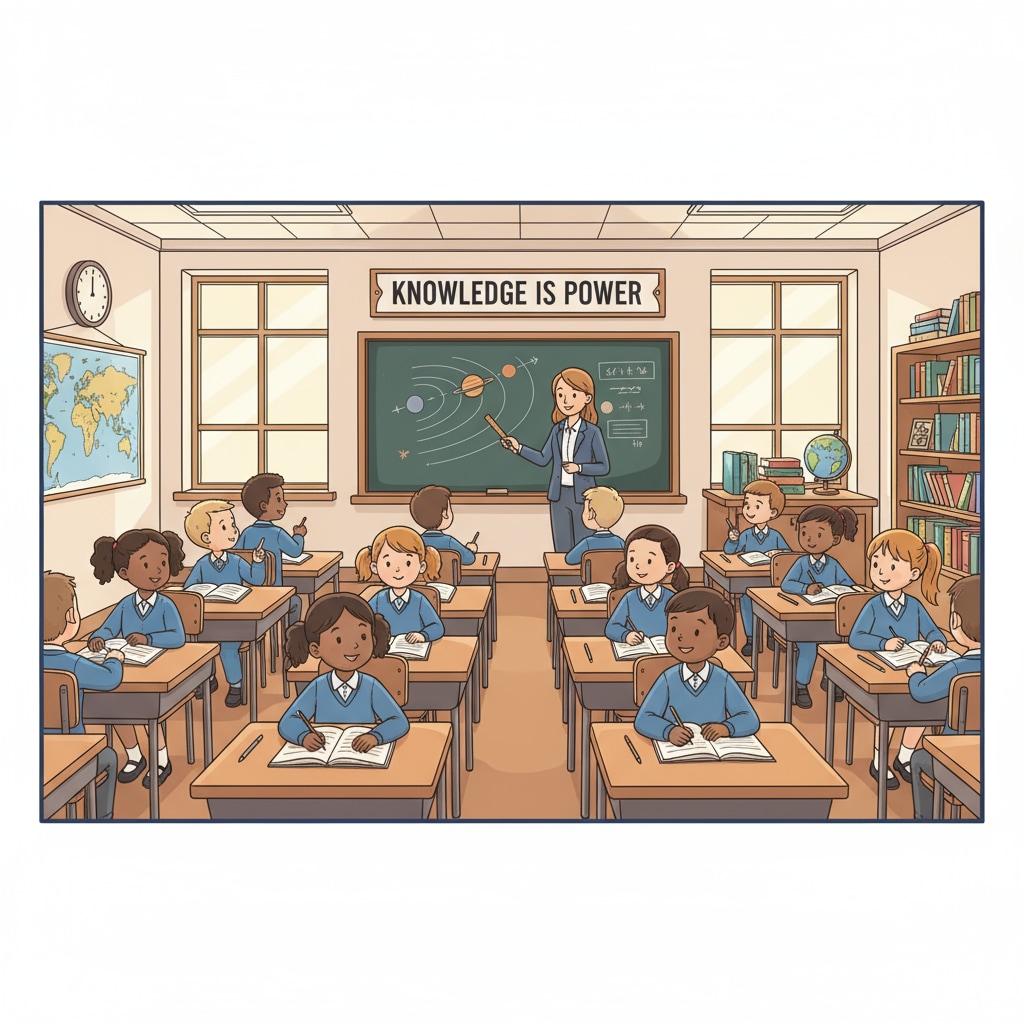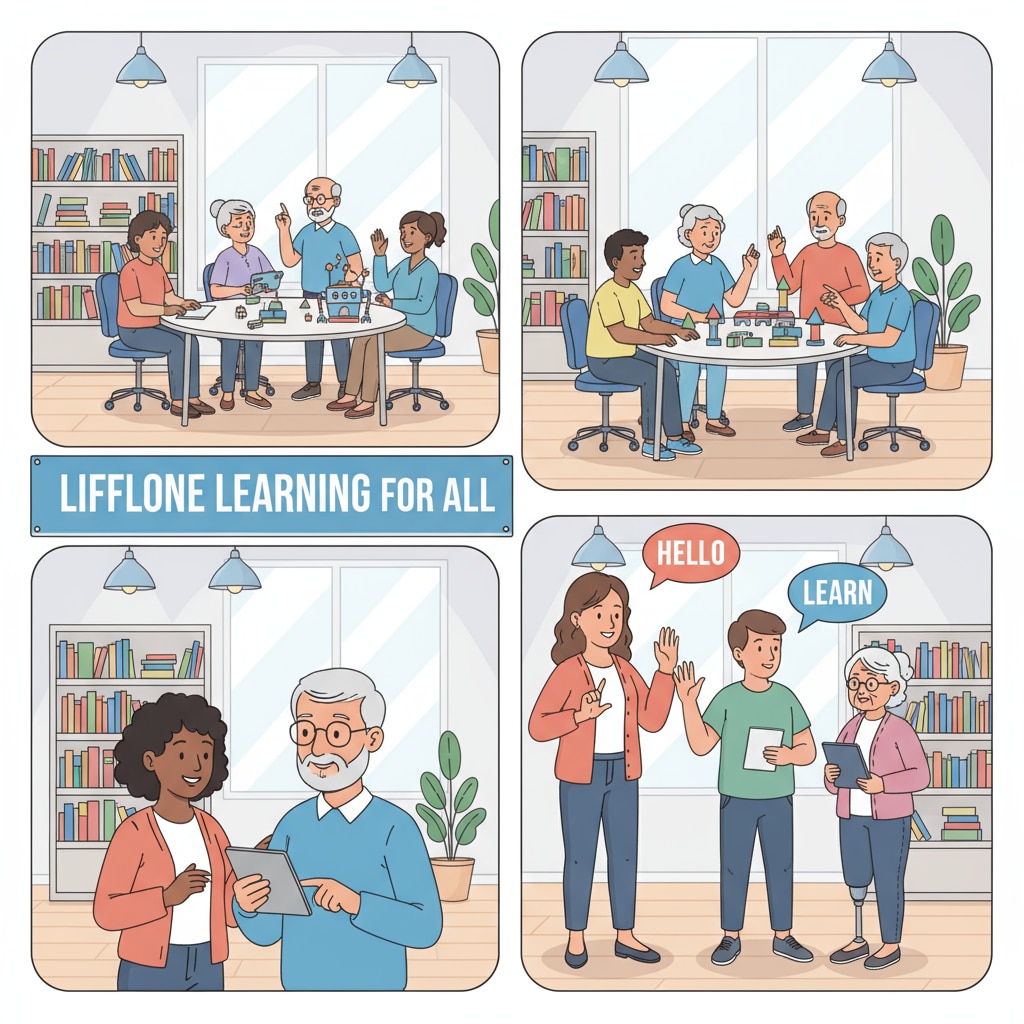Lifelong learning, formal education, and the value of experience are integral aspects of personal and societal development. In today’s rapidly evolving world, the traditional K12 formal education system, while foundational, has its limitations. However, lifelong learning emerges as a powerful solution to bridge these gaps and recognize the invaluable worth of experience.

The Constraints of K12 Formal Education
The K12 education system is designed to provide a standardized curriculum to a large number of students. However, this very standardization can be a limitation. For example, it often focuses on rote memorization and testing, leaving little room for individualized learning. Britannica defines formal education as “the hierarchically structured, chronologically graded ‘education system,’ running from primary school through the university” (Education on Britannica). In the K12 context, this can mean that students with different learning styles and interests may not receive the tailored attention they need.
Another constraint is the overemphasis on youth. The system is primarily designed for young learners, overlooking the educational needs and potential contributions of older individuals. This age bias can lead to a waste of valuable experience and knowledge that older generations possess.

The Power of Lifelong Learning
Lifelong learning offers a way out of these limitations. It is a continuous process of learning that extends beyond the boundaries of formal schooling. Lifelong learning allows individuals to pursue their interests at any stage of life, whether it’s learning a new language, a new skill, or delving deeper into a hobby. Wikipedia states that “lifelong learning is the ‘ongoing, voluntary, and self-motivated’ pursuit of knowledge for not only personal but professional reasons” (Lifelong Learning on Wikipedia).
In addition, lifelong learning values the experience of individuals. Older adults, who may have a wealth of practical experience, can continue to learn and contribute to society. This creates a more inclusive learning environment where everyone, regardless of age, can share their knowledge and learn from others.
Moreover, lifelong learning can adapt to the changing needs of society. In a world where technology is constantly evolving, lifelong learners can stay updated with the latest trends and skills, ensuring they remain relevant in the job market and in their personal lives.
Readability guidance: As seen above, we have used short paragraphs to convey ideas clearly. The use of examples and references from权威 sources like Britannica and Wikipedia helps to strengthen the arguments. Transitions such as ‘however,’ ‘for example,’ and ‘in addition’ are used to make the flow of the article smooth. Each H2 section presents key points in a straightforward manner.


